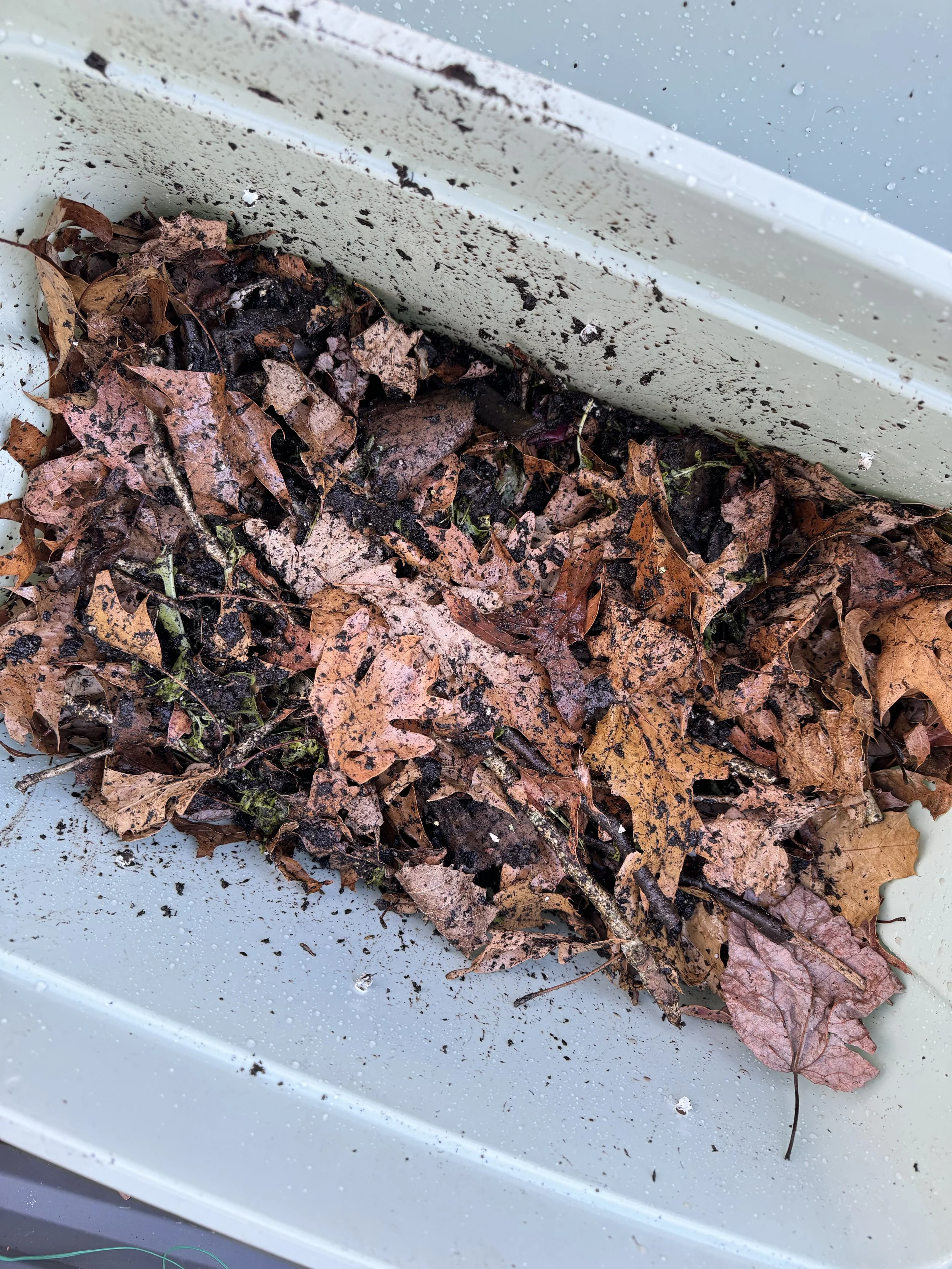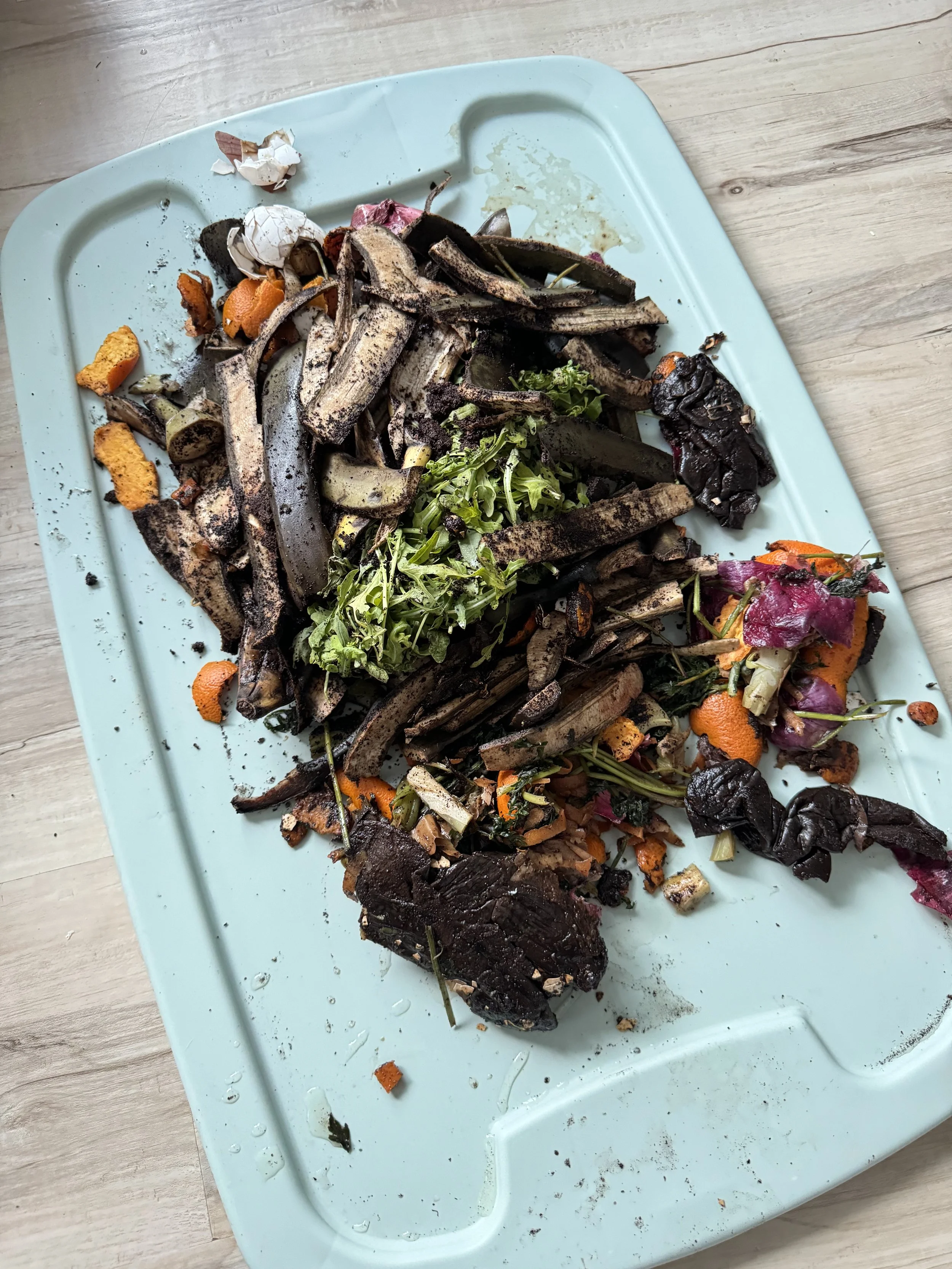How to Make Compost: The Easy and Sustainable Way
Composting might sound like something reserved for the ultra-green, but trust me—it’s one of the easiest and most rewarding things you can do for the planet and your home. I recently started composting, and not only am I cutting down on waste, but I’m also creating rich, nutrient-packed soil that my garden loves. If you’ve ever been curious about composting but weren’t sure where to start, this guide will break down everything you need to know—in a fun and simple way!
What Is Composting?
Composting is the process of breaking down organic matter—like food scraps and yard waste—into a nutrient-rich soil conditioner. Think of it as nature’s way of recycling! Microorganisms (like bacteria and fungi) break down the organic material, transforming it into dark, crumbly compost that’s packed with nutrients.
When you compost, you’re essentially giving waste a second life—turning kitchen scraps into "black gold" that can feed your plants and enrich your garden soil.
Why Compost?
So, why should you care about composting? Here’s why it’s a win-win for you and the environment:
Reduces Waste – About 30% of what we throw away is organic waste (like food scraps), which ends up in landfills and produces methane—a potent greenhouse gas. Composting helps reduce that waste.
Improves Soil Health – Compost adds essential nutrients to the soil, helping plants grow stronger and more resilient.
Saves Money – Less waste means fewer trips to take out the trash (hello, fewer trash bags!) and less need for expensive fertilizers.
Eco-Friendly – By composting, you’re creating a natural cycle—feeding the earth instead of sending more waste to landfills.
How to Make Compost at Home
Making compost is easy once you understand the basic formula: 30% green + 70% brown = composting success.
🍃 Green Materials (30% of your compost)
Green materials are rich in nitrogen and provide moisture and protein for the composting process.
Fruit and vegetable scraps
Coffee grounds
Grass clippings
Tea leaves
Eggshells
🍂 Brown Materials (70% of your compost)
Brown materials are rich in carbon, which helps create structure and airflow in your compost pile.
Dry leaves
Shredded paper or newspaper (non-glossy)
Cardboard
Twigs and branches
Straw
🚫 What NOT to Compost
Not everything can go into your compost pile. Avoid:
Meat and fish scraps (they attract pests)
Dairy products
Oily or greasy foods
Pet waste
Synthetic materials (like plastic)
Step-by-Step Composting Guide
Choose Your Compost Bin
You can buy a compost bin or create your own using a simple container or a designated area in your yard. Make sure you bin has holes in it for sufficient air flow. If you live in an apartment, a small countertop or balcony bin works too!Layer Your Materials
Start with a layer of brown material (like shredded paper), then add green material (like vegetable scraps). Repeat the layers, keeping the ratio close to 70% brown to 30% green. If you have old soil, you can add some of this into the compost mixture.Keep It Moist (But Not Wet!)
Your compost pile should feel like a damp sponge. If it’s too dry, add water; if it’s too wet, add more brown materials. Once everything is layered, water the compost mixture and excess water will drain out.Turn It Regularly
Stir or turn your compost every week or so to keep air circulating and help the breakdown process.Wait and Let Nature Do Its Thing
In 1-3 months, your compost will turn into rich, dark soil that smells earthy and fresh. Once it looks and feels like soil, it’s ready to use in your garden!
Why We Should All Be Composting
Composting isn’t just about reducing waste—it’s about creating a sustainable future. When we compost, we help keep organic material out of landfills, reduce greenhouse gas emissions, and enrich the soil for better plant growth. Plus, it’s oddly satisfying to know that those banana peels and coffee grounds are helping your garden thrive.
If you’ve ever thought about composting, now’s the time to start. It’s easy, low-maintenance, and so rewarding. Plus, your plants (and the planet) will thank you!
XOXO
Tiff


